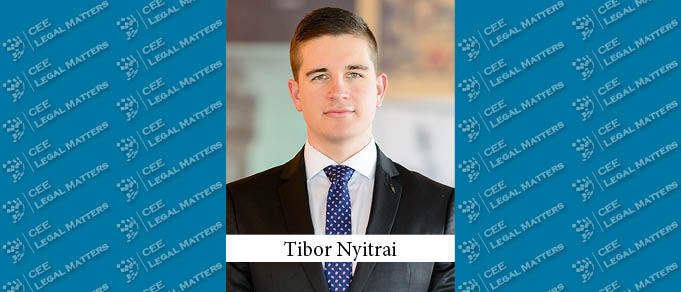Business start-ups and terminations reflect the recovery of the Hungarian economy after the downturn following the outbreak of the coronavirus epidemic. In the second quarter of last year, when the epidemic hit the country, only 5,041 companies were set up. Meanwhile, in the last three months of last year, the number was close to 9,000 and in the first quarter of this year it has already exceeded 9,000, as we discussed in a recent joint webinar with OPTEN.
Moreover, the latest figures already surpass the results of the period before COVID-19, when there were typically between 7,000 and 7,500 company start-ups per quarter. In addition to a comprehensive assessment of the situation, the webinar also discussed the new developments for 2021 which will provide a lifeline for businesses in payment difficulties or insolvency.
The opposite trend is seen for terminations. While 9,166 companies disappeared from the register between the beginning of April and the end of June last year, the number had fallen to 4,351 by the first quarter of 2021. The figures reflect the fact that from spring 2020, many people postponed their plans to start a business as the outlook suddenly deteriorated dramatically. However, the situation now seems much more stable and there seems to be a revival in the propensity to start a business.
There are also interesting trends in the number of liquidations and winding-ups, although the dynamics are much more moderate. OPTEN recorded 841 liquidations in March last year, compared with 629 in the same period this year. In the case of liquidations, the number of proceedings has fallen from 572 in 2020 to 423, also based on March data. In addition, the number of forced liquidations is also on a downward trend falling from 1,319 in April last year to 46 in March this year. It should be added that the latter is most likely due to the government decree restricting the imposition of compulsory liquidation procedures, which was introduced during the first wave.
"The figures also show that following the onset of the crisis there has been a clear increase in firm turnover, a reduction in life expectancy, and an increase in risks. By the beginning of this year, however, there was a clear return to entrepreneurship," said Edit Nagy, OPTEN's sales manager.
New insolvency procedures "on the horizon"
In an economic environment characterized by the temporary or permanent insolvency of entire sectors, the changes that insolvency law is currently undergoing are particularly pertinent. In addition to the bankruptcy and liquidation procedures, with which many are familiar, two new features have been added to the range of insolvency procedures: reorganization and restructuring. While reorganization is a type of procedure regulated by a government decree as part of the emergency package to mitigate the economic symptoms caused by Covid-19, the restructuring procedure is based on a European Union directive adopted before the emergence of the coronavirus. The law transposing the Directive into national law was published in the Hungarian Gazette at the beginning of June. Both pieces of legislation are intended to help businesses that are in temporary difficulties but are fundamentally viable to stay afloat.
The two new types of procedure have many similarities and there are also elements that are most similar to the well-known bankruptcy procedure in Hungary. The one striking difference is that in the new types of procedure the company concerned can decide whether to go public or not. In the former case, an 'RA' or 'SZA' suffix is added to the name of the company to indicate the type of proceedings it is undergoing.
The non-public form may be attractive to companies as it does not carry the negative stigma of compulsory registration. However, in some respects, it is more demanding than the public procedure. In this case, it is possible to choose which creditors are to be included in the procedure and only those creditors are to be notified. With them, however, a unanimous decision on all substantive issues is required. In the public process, all customers will be notified but an unanimous vote of 60 percent of them will be sufficient to vote on a particular issue. It will be up to each business to decide for itself which process it considers most likely to succeed.
It is still uncertain how the reorganization procedure caused by the viral situation will be received by economic operators, as well as how long companies will be able to use the reorganization instrument. However, the Restructuring Directive had to be transposed into Hungarian law by this summer: the relevant law will enter into force next summer so the earliest we will see the above-mentioned company names with the "SZA" suffix will be 2022.
It is generally accepted that bankruptcy proceedings have failed to fulfill their intended role of facilitating the reorganization of businesses over the years, as evidenced by the persistently low number of bankruptcy proceedings. At present many believe that the number of bankruptcy filings will continue to decrease with the emergence of new types of procedures.
By Tibor Nyitrai, Attorney At Law in cooperation with act Ban & Karika Attorneys at Law



